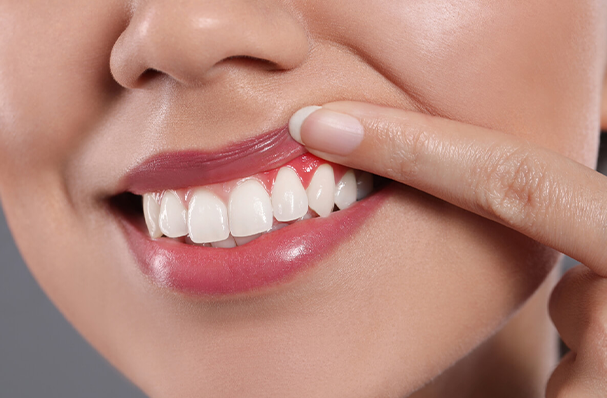
What is gum disease?
Some indications that you may have periodontal disease include:
- Inflamed and red gums
- Bleeding when brushing or flossing
- Receding gums and exposed tooth root surfaces
- Sensitivity to hot or cold temperatures
- Bad breath or a bad taste in the mouth
- Teeth that feel loose
- New spaces developing between the teeth or a change in the bite
- Change in the fit of existing partial dentures
- Discharge around the teeth and gums
The Importance Of Good Oral Health
Maintaining a healthy smile is essential not only for your teeth and gums but also for your overall health. Recent research has linked periodontal disease, the leading cause of tooth loss in adults, to serious conditions like heart disease, stroke, diabetes, and respiratory issues.
At Stadium Family Dentistry, we emphasize the importance of early prevention, detection, and treatment of periodontal disease. Our goal is to provide the guidance, support, and care needed to keep your periodontal health at its best.
What is gingivitis?
Gingivitis is the earliest stage of gum disease and may not cause noticeable discomfort, but certain signs indicate its presence. Look out for bleeding gums when brushing, redness, swelling, or tenderness—these symptoms suggest gingivitis.
The good news is that early treatment of gingivitis can prevent further damage and progression to more severe stages of gum disease. Despite the inflammation, the gum tissue is still healthy at this stage.
Prompt treatment, including deep dental cleanings, improved at-home oral hygiene, and regular checkups, can often reverse gingivitis and prevent lasting damage to your gums.
